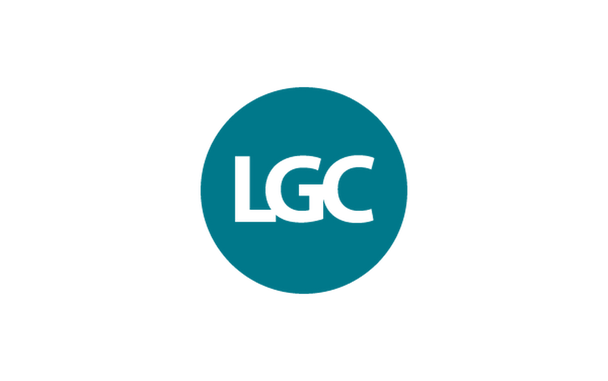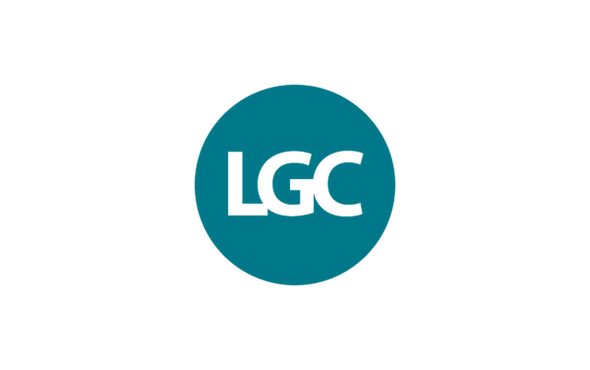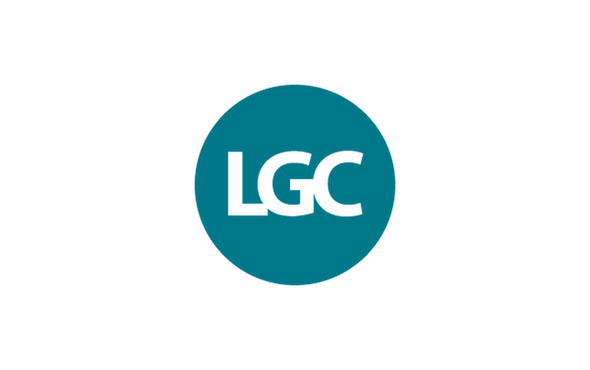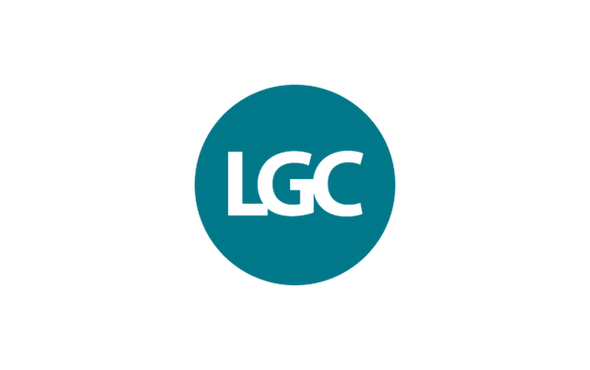Description
DENGUE VIRUS SEROTYPE 4 NS1 PROTEIN (INSECT CELLS)
Dengue virus serotype 4 NS1 protein is a recombinant protein, cloned and expressed in insect cells with greater than 95% purity.
PRODUCT DETAILS – DENGUE VIRUS SEROTYPE 4 NS1 PROTEIN (INSECT CELLS)
- Dengue Virus serotype 4 NS1 protein (insect cells).
- Polypeptide chain expressed in baculovirus-infected insect cells and buffered in PBS, pH7.4 with 0.05% sodium azide as preservative.
- Protein is purified using a proprietary chromatographic technique. Purity >95% as determined by SDS-PAGE.
- Suitable for use in immunoassay development or other applications.
BACKGROUND
Dengue virus is a globally distributed flavivirus with 4 distinct serotypes (DENV1, 2, 3 and 4) and is primarily transmitted by the Aedes aegypti mosquito, which is found throughout the tropical and subtropical regions of over 100 countries. DENV poses a significant worldwide public health threat with approximately 2.5 to 3 billion people residing in DENV endemic areas, among whom 100 to 200 million individuals will be infected and approximately 30,000 patients will succumb to the disease, annually (Mayo Clinic Laboratories, 2019).
NS1 is produced during all four DENV infections and is released as a hexamer circulating in great quantities in acute-phase blood of infected humans. In diagnostics, DENV NS1 is used as an antigen test for rapid detection on the first day of fever, before antibodies appear some 5 or more days later. It has emerged as an alternative biomarker to both serologic and molecular based techniques for diagnosis of acute DENV infection. NS1 antigenemia is detectable within 24 hours and up to 9 days following symptoms onset. This overlaps with the DENV viraemic phase and NS1 is often detectable prior to IgM seroconversion. Vaccines have also been developed using NS1. Mice immunized with all four DENV NS1 proteins have been shown to be completely protected against homologous DENV challenges, whereas immunization with DENV1 NS1 only partially protected against heterologous DENV2 challenge (reviewed in Halstead, 2019). An NS1-based vaccine is currently under development (Espinosa et al., 2019). A live-attenuated tetravalent dengue vaccine (LATV), containing genes for three of the four DENV NS1 proteins, is also in phase 3 clinical testing, and appears to provide durable and solid protection against DENV in both seronegatives and seropositives (reviewed in Halstead, 2019).
Interestingly, mosquito insect cells also secrete NS1 efficiently (Alcalá, 2018) and recombinant DENV NS1 can be produced in the baculovirus Sf9 insect expression system and purified from cell culture supernatant (Akey et al., 2014; Muller et al., 2012). DENV NS1 secreted from insect cells is hexameric and presents the same open-barrel structure as that observed in secreted NS1 derived from vertebrate cells (Thiemmeca et al., 2016). Mammalian cell-derived NS1 shows both high mannose and complex type N-linked glycans, whereas soluble NS1 secreted from DENV-infected insect cells contains only high mannose glycans. Insect cell-derived secreted NS1 also has different physical properties including smaller and more heterogeneous sizes, and the formation of less stable NS1 hexamers. However, both mammalian and insect cell-derived NS1 bind to complement proteins C1s, C4 and C4 binding protein as well as to a novel partner, mannose-binding lectin (MBL) which protects DENV from MBL-mediated neutralization (Thiemmeca et al., 2016). Complement antagonism functions of soluble NS1 (both insect-cell and mammalian cell-derived) could protect DENV from complement-mediated neutralization, thereby facilitating viral spread either at the earliest stages of infection (during mosquito feeding) or during subsequent replication cycles of DENV in a human host (Thiemmeca et al., 2016).
Recombinant insect-cell derived envelope proteins for another flavivirus, hepatitis C virus (HCV), have been shown to be more immunogenic than the corresponding protein produced in mammalian cells (Li et al., 2016). Urbanowicz et al. compared insect-cell and mammalian cell-derived HCV E2 and reported that immunization of mice with mammalian and insect E2 glycoproteins elicited comparable antibody neutralization titers against heterologous HCV isolates, but Sf9-derived E2 was a more potent immunogen against the homologous H77c isolate. These studies suggest that differences in glycosylation patterns should be taken into consideration in development of recombinant vaccines.
The Native Antigen Company is pleased to offer these recombinant DENV NS1 proteins, produced in insect cells, as an additional tool for the future development of more effective Dengue diagnostics and vaccines.
REFERENCES
- Espinosa et al. (2019). Cyclic Dinucleotide-Adjuvanted Dengue Virus Nonstructural Protein 1 Induces Protective Antibody and T Cell Responses. J Immunol. 202(4):1153-1162.
- Akey et al. (2014). Flavivirus NS1 structures reveal surfaces for associations with membranes and the immune system. Science. 343(6173):881-5.
- Alcalá (2018). Secretion of Nonstructural Protein 1 of Dengue Virus from Infected Mosquito Cells: Facts and Speculations. J Virol. 29;92(14).
- Halstead, S (2019). Recent advances in understanding dengue. Version 1. F1000Res 8: F1000 Faculty Rev-1279.
- Li et al. (2016). Altered glycosylation patterns increase immunogenicity of a subunit hepatitis C virus vaccine, inducing neutralizing antibodies which confer protection in mice. J Virol 90:10486-10498.
- Mayo Clinic Laboratories. Dengue Virus NS1 Antigen, Serum. 2019.
- Muller et al. (2012). Structure of the dengue virus glycoprotein non-structural protein 1 by electron microscopy and single-particle analysis. J Gen Virol. 93(Pt 4):771-9.
- Thiemmeca et al. (2016). Secreted NS1 Protects Dengue Virus from Mannose-Binding Lectin-Mediated Neutralization. J Immunol. 197(10):4053-4065.
- Urbanowicz et al. (2019). Antigenicity and Immunogenicity of Differentially Glycosylated HCV E2 Envelope Proteins Expressed in Mammalian and Insect Cells. J Virol. 93(7).






